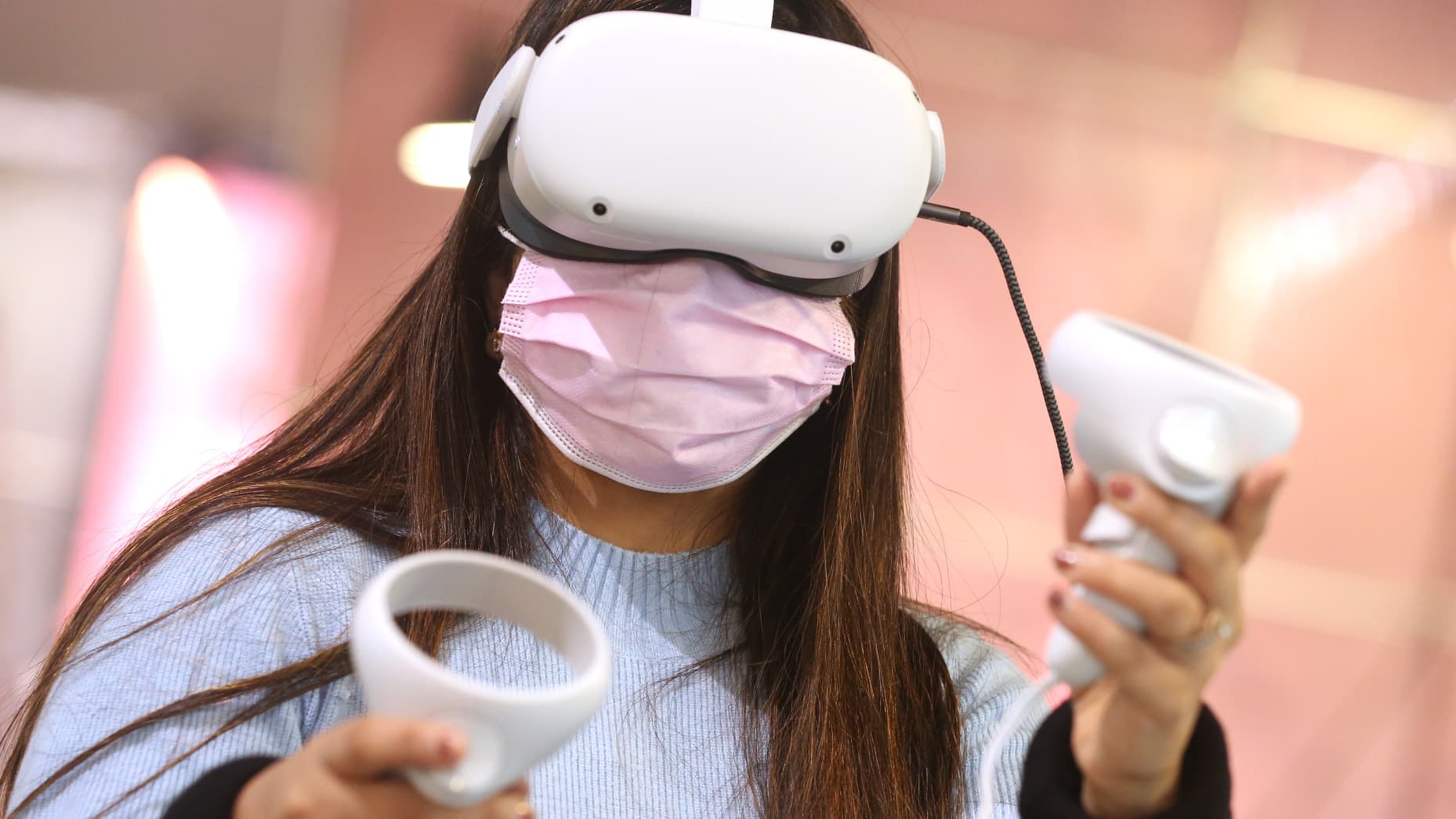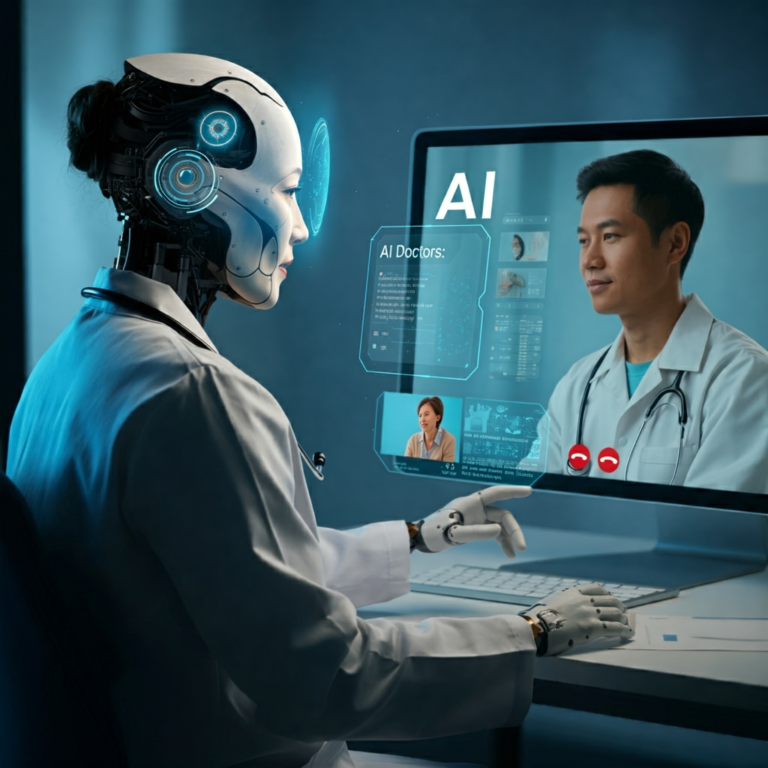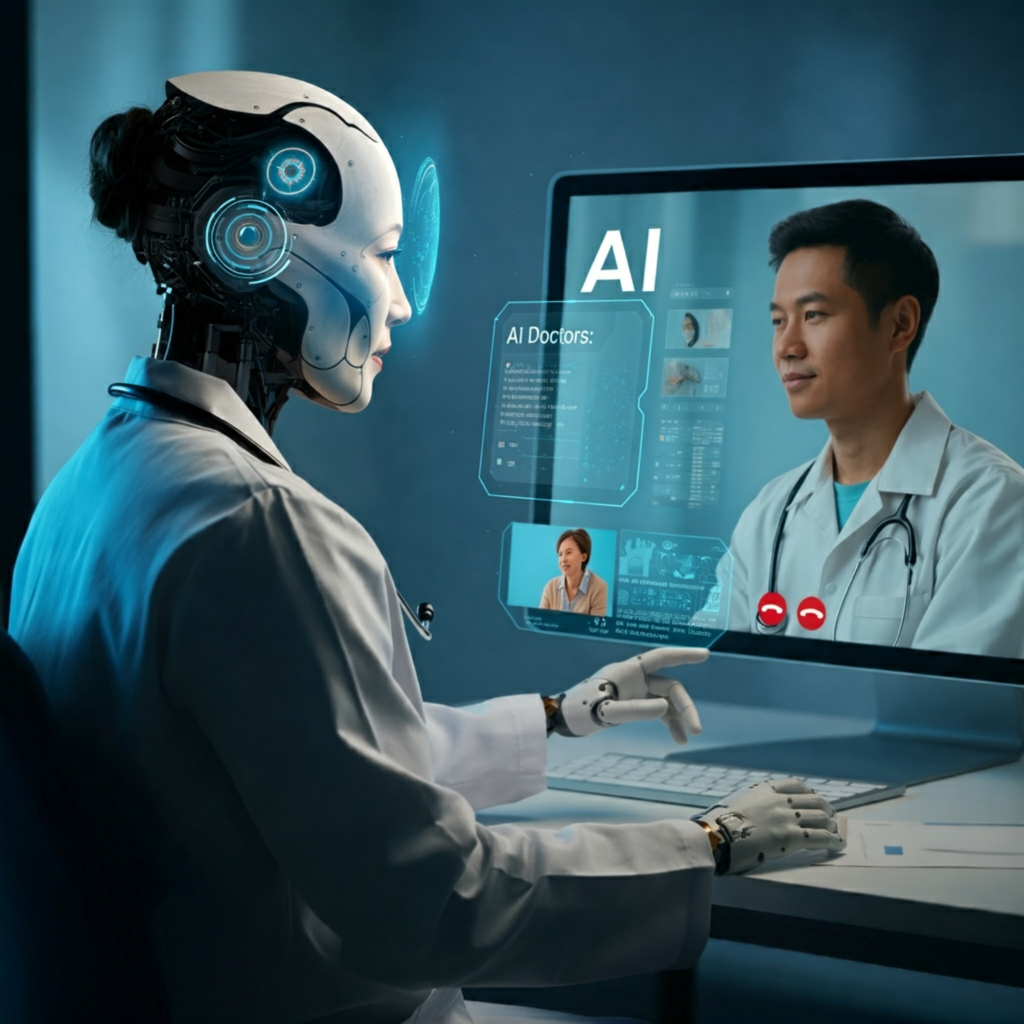Is Your Telemedicine Platform Ready for the AI Revolution?
A Market Research Analyst’s Perspective
The dawn of the new millennium has ushered in an era of unprecedented technological advancement, and few sectors are experiencing this transformation as profoundly as healthcare. Telemedicine, once a futuristic concept, is rapidly becoming a cornerstone of modern medical practice. This shift is driven by increasing demand for accessible and affordable care, coupled with the explosive growth of internet connectivity. But another revolution is brewing – the integration of Artificial Intelligence (AI). This article explores the dynamic interplay between telemedicine and AI, examining the current landscape, emerging trends, and crucial considerations for stakeholders navigating this rapidly evolving field.
Telemedicine: Reshaping the Healthcare Landscape
Telemedicine, broadly defined as the use of telecommunications technologies to provide remote clinical services, is fundamentally altering how healthcare is delivered and received. From remote patient monitoring and virtual consultations to online education and administrative tasks, telemedicine is breaking down geographical barriers and improving access to specialists, particularly for patients in rural or underserved areas. This increased accessibility translates to improved patient outcomes, reduced healthcare costs, and enhanced operational efficiency for providers.
Within the broader healthcare industry, telemedicine is carving a significant niche. Its adoption has been accelerated by factors such as the aging global population, the rising prevalence of chronic diseases, and the increasing shortage of healthcare professionals. Furthermore, the COVID-19 pandemic served as a catalyst, demonstrating the viability and necessity of remote care delivery on a massive scale. This forced experimentation propelled telemedicine from a niche service to a mainstream healthcare modality, paving the way for further integration and innovation.
The AI Infusion: Transforming Telemedicine
Artificial Intelligence is poised to revolutionize telemedicine, offering the potential to enhance virtually every aspect of its application. By leveraging the power of machine learning, natural language processing, and computer vision, AI algorithms can analyze vast amounts of data, identify patterns, and generate actionable insights. This capability has profound implications for telemedicine, including:
- Enhanced Diagnostics: AI-powered diagnostic tools can analyze medical images, patient records, and real-time physiological data to aid clinicians in making faster and more accurate diagnoses. This is particularly valuable in remote settings where access to specialized diagnostic equipment may be limited.
- Personalized Treatment Plans: AI algorithms can analyze patient data, including genetic information, lifestyle factors, and medical history, to develop personalized treatment plans tailored to individual needs and preferences. This personalized approach can lead to improved treatment adherence and better patient outcomes.
- Automated Administrative Tasks: AI can automate time-consuming administrative tasks, such as appointment scheduling, billing, and insurance claims processing, freeing up clinicians to focus on patient care.
- Improved Remote Patient Monitoring: AI-powered remote monitoring systems can continuously collect and analyze patient data, alerting clinicians to potential problems and enabling proactive interventions. This can significantly improve the management of chronic conditions and reduce hospital readmissions.
- Enhanced Communication and Engagement: AI-powered chatbots and virtual assistants can provide patients with 24/7 access to information, answer questions, and offer support, improving patient engagement and satisfaction.
Key Trends and Statistics Shaping the Future
The convergence of telemedicine and AI is driving several key trends:
- Increased adoption of cloud-based telemedicine platforms: Cloud computing provides the scalability and flexibility needed to support AI-powered telemedicine applications.
- Growing investment in AI-focused healthcare startups: Venture capital firms and established healthcare companies are pouring resources into developing innovative AI-powered telemedicine solutions.
- Development of sophisticated wearable sensors and IoT devices: These devices provide continuous streams of patient data, fueling the growth of AI-powered remote monitoring systems.
- Emphasis on data security and privacy: As the use of patient data increases, ensuring the security and privacy of this information is paramount.
Recent Market News: Several recent developments highlight the growing momentum of AI in telemedicine. Companies are announcing partnerships to develop AI-powered diagnostic tools, secure funding for innovative remote monitoring platforms, and launching new telehealth services that incorporate AI-driven features. (Specific examples from the time period would be included here, e.g., early telehealth platform partnerships, nascent AI diagnostic companies).
Is Your Telemedicine Platform Ready for the AI Revolution? – A Summary
The integration of AI into telemedicine is not simply a technological advancement; it represents a paradigm shift in healthcare delivery. To remain competitive and deliver high-quality care, telemedicine providers must embrace this transformation. This means:
- Investing in AI-ready infrastructure: This includes cloud-based platforms, secure data storage, and robust network connectivity.
- Developing AI-driven applications: Explore opportunities to integrate AI into existing workflows, such as diagnostics, remote monitoring, and patient engagement.
- Prioritizing data security and privacy: Implement robust security measures to protect patient data and comply with relevant regulations.
- Building a culture of innovation: Foster a culture that embraces change and encourages experimentation with new technologies.
- Collaborating with AI experts: Partner with AI developers and researchers to leverage their expertise and accelerate the integration process.
The future of telemedicine is inextricably linked to the advancement of AI. By embracing this revolution, telemedicine providers can unlock the full potential of remote care delivery, improving patient outcomes, reducing costs, and transforming the healthcare landscape for the better. Those who fail to adapt risk being left behind in this rapidly evolving field.
















